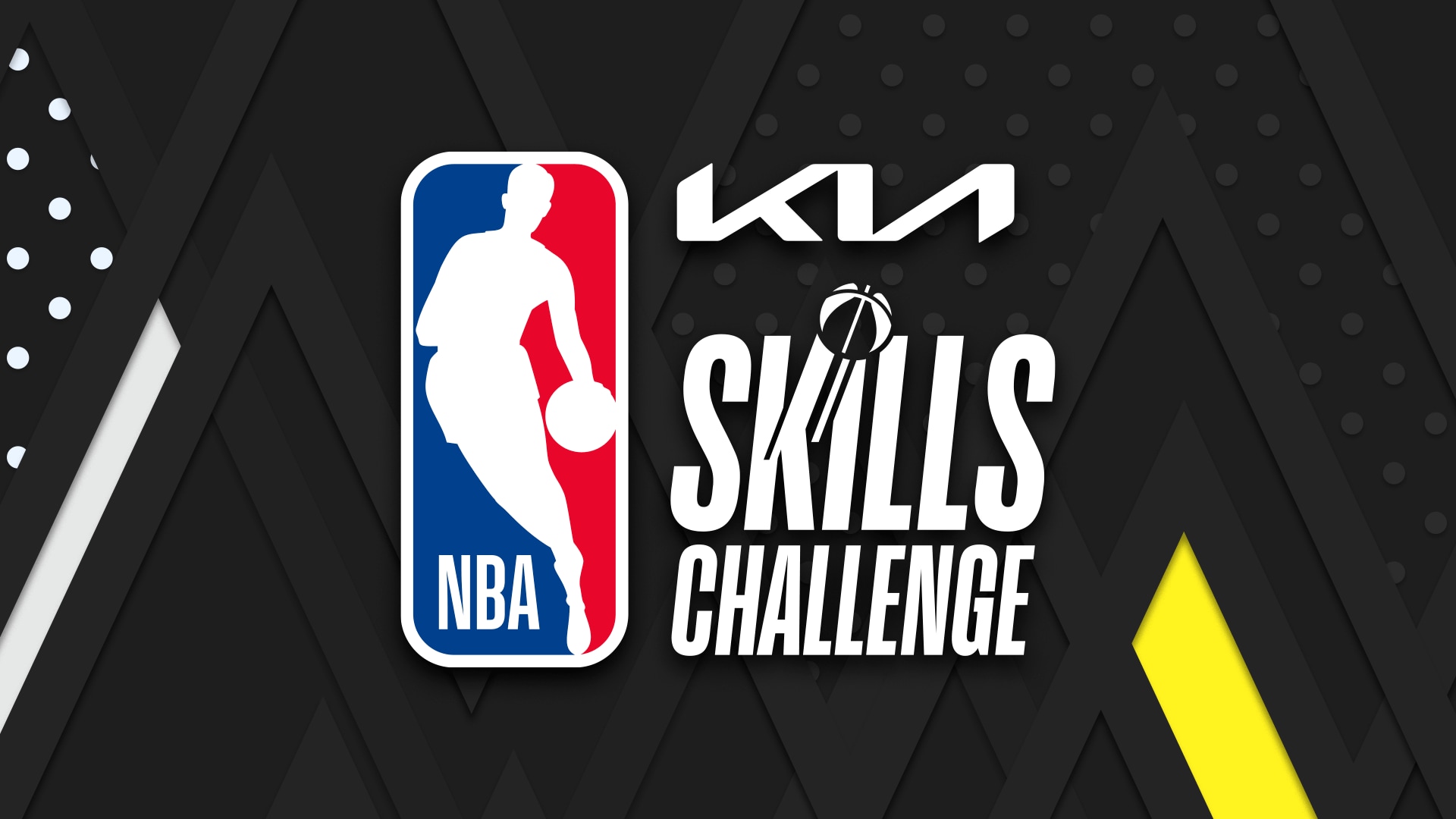FTC's Battle Against Meta: The Instagram And WhatsApp Antitrust Fight

Table of Contents
The Federal Trade Commission (FTC) has been locked in a protracted legal battle with Meta, formerly Facebook, over its acquisitions of Instagram and WhatsApp. This high-stakes antitrust fight, often referred to as the FTC Meta Antitrust case, raises crucial questions about the power of Big Tech and its impact on competition, innovation, and consumer choice. This article will delve into the key arguments, legal proceedings, and potential implications of the FTC's challenge to Meta's dominance in the social media landscape. We'll explore the intricacies of the case, analyzing the FTC's allegations, Meta's defense strategies, and the potential outcomes that could reshape the future of tech regulation.
The FTC's Case Against Meta: Key Allegations
The FTC's core argument centers around the assertion that Meta engaged in anti-competitive practices to maintain its monopoly in the social networking market. This FTC Meta Antitrust lawsuit rests on two primary pillars: monopolistic practices and consumer harm.
Monopolistic Practices
The FTC alleges that Meta strategically acquired promising rivals, like Instagram and WhatsApp, not for legitimate business reasons, but to eliminate potential threats and solidify its dominance.
- Elimination of potential competitors: The FTC argues that Meta identified Instagram and WhatsApp as nascent competitors capable of disrupting Facebook's market share. The acquisitions, according to the FTC, were a preemptive strike to prevent this disruption.
- Anti-competitive mergers: The FTC's case rests heavily on the argument that these acquisitions were not subject to robust competitive analysis and were primarily motivated by a desire to stifle competition, rather than foster innovation or expansion into new markets. Evidence presented includes internal Meta communications suggesting a deliberate strategy to neutralize potential rivals.
- Evidence presented: The FTC has presented a considerable amount of evidence, including internal Meta documents and extensive market analysis, to support its claim of anti-competitive intent. This evidence aims to demonstrate a pattern of behavior designed to eliminate competition and maintain Meta's market power.
Harming Consumers
Beyond the monopolistic practices, the FTC contends that Meta's actions directly harmed consumers.
- Lack of alternative platforms: The argument posits that by acquiring potential competitors, Meta limited the emergence of alternative social networking platforms, reducing consumer choice and limiting innovation. This lack of viable alternatives leaves users with fewer options and potentially less desirable services.
- Stifled innovation: The FTC argues that a lack of competition stifles innovation. Without the pressure of competing platforms, Meta had less incentive to improve its services or develop new features, ultimately hurting consumers.
- Data privacy concerns: While not the central focus, the FTC’s case subtly links data privacy concerns to the lack of competition. The argument suggests that a less competitive market allows Meta to exploit user data with less accountability, raising serious privacy implications.
Meta's Defense Strategies
Meta vehemently denies all allegations of anti-competitive behavior. Its defense strategy is multifaceted and focuses on refuting the FTC’s claims and challenging the legal process itself.
Denial of Anti-Competitive Behavior
Meta argues that its acquisitions were pro-competitive and ultimately beneficial to consumers.
- Integration and innovation: Meta claims that integrating Instagram and WhatsApp into its ecosystem has led to significant improvements in user experience and fostered innovation across its platforms. The company points to features and functionalities enabled by these integrations as evidence of its beneficial impact.
- Increased market competition: Meta argues that the social media market remains highly competitive, with numerous players vying for users' attention. The company points to the rise of platforms like TikTok and Snapchat as evidence of robust competition.
- Beneficial acquisitions: Meta emphasizes the positive outcomes resulting from the acquisitions, highlighting increased user engagement, improved services, and the expansion of features across its platforms.
Legal Challenges and Procedural Arguments
Beyond directly addressing the allegations, Meta has engaged in several legal maneuvers to challenge the FTC's case.
- Jurisdictional challenges: Meta has questioned the FTC's jurisdiction over certain aspects of the case, arguing that the agency lacks the authority to intervene in specific areas of its business practices.
- Procedural delays: Meta has employed various legal tactics to delay or complicate the proceedings, aiming to prolong the legal battle and potentially weaken the FTC's case.
- Appeals process: Meta has made it clear that it is prepared to appeal any adverse rulings to higher courts, indicating its commitment to a protracted legal fight.
Potential Outcomes and Implications
The outcome of the FTC Meta Antitrust case will have significant consequences for both Meta and the broader tech industry.
FTC Victory
An FTC victory could result in substantial fines for Meta, potentially forcing the divestiture of Instagram or WhatsApp. This would set a strong precedent for future tech acquisitions and significantly impact Meta's market position.
Meta Victory
A victory for Meta would signal a more lenient regulatory environment for large tech companies, potentially emboldening other tech giants to pursue similar acquisition strategies, potentially further consolidating market power.
Settlement
A negotiated settlement is also possible. This could involve concessions from Meta, such as changes to its business practices or acceptance of increased regulatory oversight. Such a settlement would avoid a protracted legal battle but could still impose significant constraints on Meta's operations.
Conclusion
The FTC's battle against Meta regarding the Instagram and WhatsApp acquisitions is a landmark antitrust case with far-reaching implications. The outcome will profoundly impact the regulatory landscape for future mergers and acquisitions in the tech industry, influencing how large tech companies operate and compete. Understanding the complexities of this FTC Meta Antitrust case is critical for anyone interested in the future of competition and innovation in the digital age. Stay informed about this ongoing legal battle and its implications for the future of technology. Keep up-to-date on the latest developments in the evolving FTC Meta Antitrust case.

Featured Posts
-
 Everything You Need To Know About The 2025 Nba Skills Challenge
May 01, 2025
Everything You Need To Know About The 2025 Nba Skills Challenge
May 01, 2025 -
 Million Pound Giveaway Controversy Allegations Against Michael Sheen And Channel 4
May 01, 2025
Million Pound Giveaway Controversy Allegations Against Michael Sheen And Channel 4
May 01, 2025 -
 Smart Cruise Packing Items To Leave At Home
May 01, 2025
Smart Cruise Packing Items To Leave At Home
May 01, 2025 -
 The Countrys New Business Hotspots A Geographic Overview
May 01, 2025
The Countrys New Business Hotspots A Geographic Overview
May 01, 2025 -
 Remember Mondays Eurovision 2025 Song Leak On Capital Breakfast
May 01, 2025
Remember Mondays Eurovision 2025 Song Leak On Capital Breakfast
May 01, 2025
